.png)
Deciding on an international destination for stem cell therapy is a pivotal step for patients seeking advanced regenerative treatments. India and Thailand stand out as prominent hubs for medical tourism, each offering unique advantages in the burgeoning field of stem cell medicine. This guide provides an in-depth comparison of stem cell treatment in India versus Thailand, covering critical factors like cost, quality of care, regulatory frameworks, and patient experience, to empower you with the insights needed for an informed choice on your journey to recovery and improved health.
Navigating Stem Cell Therapy: India or Thailand for Your Treatment Journey?
Both India and Thailand have rapidly emerged as leading destinations for medical tourism, attracting patients globally for various advanced medical procedures, including stem cell therapies. The appeal largely stems from the combination of significant cost savings compared to Western countries, access to state-of-the-art medical technology, and highly skilled medical professionals.
Choosing between stem cell treatment in India and stem cell therapy in Thailand involves evaluating several key factors that align with your medical needs, budget, and personal preferences. India, known for its vast healthcare infrastructure and competitive pricing, offers a wide spectrum of treatment options across numerous specialized clinics and hospitals, particularly in major cities like Delhi, Mumbai, and Bangalore. The country often represents an extremely cost-effective solution for patients seeking complex and advanced treatments.
Thailand, on the other hand, has carved a niche for itself with its luxurious private hospitals, internationally accredited facilities, and a strong emphasis on patient comfort and hospitality. Destinations such as Bangkok and Phuket are renowned for their seamless medical tourism experience, often blending high-quality medical care with a recovering vacation. This section will help clarify the nuances of each country's offering in the context of regenerative medicine, ensuring you can make a choice best suited for your health and well-being.
Stem Cell Therapy in India vs Thailand: Key Comparison for Patients
Core Strengths in Regenerative Medicine: India and Thailand
India: Leading Capabilities in Stem Cell Treatment
Stem cell treatment in India leverages the country's extensive medical infrastructure and large pool of highly trained medical professionals. India excels in providing accessible and affordable stem cell therapies, making it an attractive option for patients worldwide seeking advanced treatments without the prohibitive costs associated with Western countries.
Key strengths include a strong focus on research, a growing number of specialized stem cell centers, and the ability to handle a high volume of international patients. Indian clinics often offer comprehensive packages that include diagnostics, treatment, and follow-up, simplifying the patient journey. The expertise in treating various conditions, from neurological disorders to orthopedic injuries, is well-established.
Thailand: Advanced Regenerative Medicine Strengths
Stem cell therapy in Thailand is synonymous with high-quality, patient-centric care delivered in world-class facilities. Thailand's medical tourism sector is highly developed, offering an unparalleled patient experience that often combines treatment with recovery in a serene, resort-like environment. The country boasts numerous internationally accredited hospitals equipped with the latest technology in regenerative medicine.
Thailand's strengths include a strong emphasis on personalized treatment plans, excellent customer service, and a sophisticated approach to patient comfort. Many Thai clinics are at the forefront of combining stem cell therapies with anti-aging protocols and cosmetic procedures, appealing to a diverse range of patients. The clear regulatory environment for *approved* medical treatments also provides a level of assurance for international patients.
Understanding the Regulatory Framework for Stem Cell Therapies
The regulatory landscape for stem cell therapies is complex and varies significantly across countries. Patients considering treatment abroad must understand these frameworks to ensure they receive safe and ethically sound care.
India's Stem Cell Regulation
In India, the Indian Council of Medical Research (ICMR) and the Department of Biotechnology (DBT) govern stem cell research and therapy. While bone marrow transplantation and corneal stem cell applications are well-established and regulated, many other stem cell treatments for conditions like neurological disorders or autoimmune diseases are often offered under a "research" or "compassionate use" framework. This means that while treatments are available, their widespread efficacy for certain conditions might still be under investigation, and patients should approach with careful consideration and detailed discussions with their home country physicians. Transparency regarding the experimental nature of some treatments is crucial.
Thailand's Stem Cell Regulation
Thailand has a more integrated approach to medical tourism and generally clearer guidelines for medical treatments. The Thai Medical Council and the Ministry of Public Health regulate medical practices, including stem cell therapies. While Thailand is recognized for its advanced medical facilities, patients should still verify that the specific stem cell treatment they are seeking is approved and regulated by the relevant Thai authorities. Clinics often pride themselves on adhering to international standards and ethical practices, particularly in major medical tourism hubs like Bangkok. It's important to differentiate between approved, established treatments and those still considered experimental or in early clinical stages.
Regardless of the destination, patients should always seek clinics that are transparent about their protocols, sources of stem cells, and the scientific evidence supporting their treatments. PlacidWay connects you with vetted clinics that prioritize patient safety and ethical practices.
Ensuring High Standards: Patient Safety and Quality Assurance in Stem Cell Therapy Abroad
Patient safety and quality assurance are paramount when considering stem cell treatment, especially abroad. Both India and Thailand have facilities that meet international benchmarks, but diligent research is always necessary.
International Accreditations: Look for clinics and hospitals with international accreditations like Joint Commission International (JCI). JCI accreditation signifies that a facility adheres to stringent patient safety and quality-of-care standards comparable to leading hospitals globally. Both India and Thailand have a significant number of JCI-accredited institutions, particularly in their major cities.
Doctor Credentials and Experience: Verify the qualifications, certifications, and experience of the physicians and specialists involved in your treatment. Many doctors in both countries have received training from renowned institutions worldwide. Don't hesitate to request physician profiles and ask about their specific experience in the stem cell therapies you are interested in.
Clinic Vetting and Transparency: A reputable clinic will be transparent about its protocols, the origin and processing of stem cells, success rates (where applicable and supported by data), and potential risks. They should provide detailed information about the science behind their treatments and be willing to answer all your questions thoroughly.
PlacidWay only partners with clinics that meet rigorous quality and safety criteria, offering peace of mind to patients seeking the best possible care for stem cell treatments in India, Thailand, and other leading medical destinations.
Stem Cell Treatment in India: Advantages and Disadvantages for Patients
Pros of Stem Cell Therapy in India
- Cost-Effectiveness: Significantly lower treatment costs compared to Western countries, making advanced therapy accessible.
- Experienced Medical Professionals: A large pool of highly skilled doctors and surgeons, many with international training and extensive experience.
- Advanced Technology: Leading hospitals and specialized clinics are equipped with modern diagnostic and treatment technologies.
- Diverse Treatment Options: Wide range of stem cell protocols available for various conditions.
- Established Medical Tourism: Long history of catering to international patients, offering established support services.
Cons of Stem Cell Therapy in India
- Regulatory Ambiguities: The legal and ethical framework for some stem cell applications can be less clear or still evolving, requiring careful patient due diligence.
- Variable Quality of Care: While top clinics are excellent, the vast number of facilities means quality can vary, necessitating thorough research.
- Infrastructure Outside Major Cities: Quality of facilities and services might decrease outside of major metropolitan areas.
- Cultural and Language Barriers: While English is common in medical settings, navigating daily life can be challenging without local language skills.
Stem Cell Treatment in Thailand: Advantages and Disadvantages for Patients
Pros of Stem Cell Therapy in Thailand
- World-Class Facilities: High concentration of internationally accredited hospitals and clinics in Thailand with cutting-edge technology.
- Exceptional Patient Experience: Renowned for hospitality, personalized care, and luxurious medical tourism packages.
- Strong Regulatory Oversight: Clearer, more defined legal framework for many medical treatments compared to some other regions.
- Highly Qualified Specialists: Many doctors are Western-trained and at the forefront of regenerative medicine.
- Combines Treatment with Tourism: Opportunity to recover in a beautiful, relaxing environment, enhancing the overall experience.
Cons of Stem Cell Therapy in Thailand
- Higher Cost than India: While still affordable compared to Western countries, prices are generally higher than in India.
- Specific Legal Limitations: While generally progressive, certain stem cell applications might still be limited by strict ethical guidelines or lack widespread approval.
- Travel Distance: For patients from Western hemispheres, travel time can be significantly longer.
- Risk of Over-Commercialization: The high demand for medical tourism can sometimes lead to an emphasis on luxury over pure medical necessity in some less reputable clinics.
The Patient Journey: What to Expect During Stem Cell Treatment Abroad
The International Patient Experience in India
When undergoing stem cell treatment in India, patients can expect a streamlined process, especially in major cities. Initial consultations often happen remotely, followed by detailed pre-arrival coordination. Upon arrival, you'll typically be met by a patient coordinator who assists with airport transfers, accommodation, and clinic visits. The clinical environment in top hospitals is modern and efficient, with a focus on delivering high-quality medical care at a competitive price. While facilities might vary, English-speaking staff are standard in international patient departments. Recovery might involve staying in a medical guesthouse or hotel, with follow-up appointments scheduled before your departure. The emphasis is often on efficiency and medical outcomes.
The International Patient Experience in Thailand
Stem cell therapy in Thailand offers a uniquely holistic and service-oriented patient experience. From the moment you inquire, you'll likely be impressed by the comprehensive support, including visa assistance, luxury accommodation options, and personalized itineraries. Hospitals in cities like Bangkok are often akin to five-star hotels, providing an exceptionally comfortable and private environment for treatment and recovery. Multilingual staff, dedicated international patient centers, and concierge services ensure all your needs are met. The post-treatment phase often encourages recovery in one of Thailand’s beautiful tourist locations, blending medical care with a restful vacation. The experience is designed to be seamless, stress-free, and culturally enriching.
Conditions Targeted by Stem Cell Therapy in India and Thailand
Both India and Thailand offer stem cell treatments for a broad spectrum of conditions. However, it is paramount for patients to understand the distinction between widely accepted and experimental applications. Many therapies, while offered, may not have robust, long-term clinical trial data to support their efficacy for specific conditions from a global medical perspective.
Common Conditions for Stem Cell Treatment in India:
- Orthopedic Conditions: Osteoarthritis, chronic joint pain, cartilage repair, tendon injuries.
- Neurological Disorders: Parkinson's disease, Multiple Sclerosis (MS), spinal cord injury, cerebral palsy. (Note: Many of these are experimental and not universally recognized as proven treatments.)
- Autoimmune Diseases: Lupus, rheumatoid arthritis.
- Diabetes Mellitus: Type 1 and Type 2.
- Cardiovascular Conditions: Post-MI repair, chronic ischemia.
Common Conditions for Stem Cell Treatment in Thailand:
- Anti-Aging and Aesthetic Treatments: Skin rejuvenation, hair restoration, general vitality.
- Degenerative Diseases: Joint pain, osteoarthritis, back pain, some neurological conditions.
- Chronic Illnesses: Diabetes, autoimmune conditions.
- Sports Injuries: Faster recovery and tissue repair.
- General Wellness: Boost immune system, enhance energy.
Patients must engage in thorough discussions with their primary healthcare providers and the chosen international clinic to understand the scientific basis, expected outcomes, and potential risks of any specific stem cell therapy, especially for conditions where the efficacy is still under investigation.
Real Patient Experiences: Success Stories from India and Thailand
John S., USA (Treated in India)
"I suffered from severe osteoarthritis for years. After researching stem cell treatment in India, I found a clinic in Delhi. The cost was a fraction of what I'd pay at home, and the doctors were fantastic. My knee pain has significantly reduced, and I'm back to enjoying walks. Highly recommend for its value and expertise."
Anna O., Australia (Treated in Thailand)
"My experience with stem cell therapy in Thailand was exceptional. I chose a clinic in Bangkok for anti-aging and regenerative purposes. The facility felt like a luxury hotel, and the medical team was incredibly attentive and professional. I feel revitalized and full of energy. The entire journey was stress-free and very pleasant."
Michael L., UK (Treated in India)
"My doctor recommended investigating stem cells for my chronic back pain. After thorough research, I decided on an Indian clinic through PlacidWay. The communication was excellent, and the treatment protocol was clearly explained. While not a complete cure, my quality of life has vastly improved, and I'm grateful for the care I received in India."
Sophia D., Canada (Treated in Thailand)
"For my neurological condition, I sought advanced treatment abroad. Thailand offered cutting-edge therapies in a very supportive environment. The recovery process was made easy with their dedicated patient services. I've experienced noticeable improvements and truly appreciate the professional and compassionate care from the Thai medical team."
Frequently Asked Questions About Stem Cell Treatment in India and Thailand
Is stem cell treatment safe in India and Thailand?
Both India and Thailand have numerous clinics offering stem cell therapies. The safety largely depends on the specific clinic, the type of treatment, and its regulatory status. Patients should prioritize JCI-accredited facilities and consult with doctors trained in regenerative medicine. Always research the clinic's track record and ensure they adhere to international safety standards.
How much does stem cell treatment cost in India compared to Thailand?
Generally, stem cell treatment in India tends to be more cost-effective, with prices ranging from $5,000 to $20,000+ USD depending on the condition and protocol. Thailand's costs are often slightly higher, typically between $7,000 and $30,000+ USD, reflecting its more established high-end medical tourism infrastructure. These are broad estimates, and actual costs can vary significantly.
What conditions can be treated with stem cells in these countries?
Many conditions are targeted, including osteoarthritis, chronic pain, neurological disorders (e.g., Parkinson's, MS), autoimmune diseases, diabetes, and anti-aging. It is crucial to understand that while many clinics offer treatments for these, a significant portion of stem cell applications are still considered experimental or unproven outside of clinical trials by major medical bodies globally.
What is the regulatory landscape for stem cell therapy in India?
India's regulatory framework for stem cell therapies is evolving. The Indian Council of Medical Research (ICMR) and the Department of Biotechnology (DBT) have guidelines. Approved treatments often focus on bone marrow transplants and corneal regeneration. Many other treatments are offered under a 'research' or 'compassionate use' basis, which can sometimes operate in a grey area regarding widespread proven efficacy.
What is the regulatory landscape for stem cell therapy in Thailand?
Thailand has a more defined regulatory environment for medical tourism, including certain stem cell applications. The Thai Medical Council and the Ministry of Public Health oversee medical practices. While some treatments are approved and integrated into mainstream medicine, patients must verify that the specific treatment they seek is legally sanctioned and ethically administered within Thailand's framework.
Do I need a medical visa for stem cell treatment in India or Thailand?
For India, a medical visa is often recommended or required for extended stays related to treatment. For Thailand, a tourist visa might suffice for shorter treatments, but it's best to check with the clinic and the Thai embassy/consulate for specific requirements based on your nationality and duration of stay. Always confirm visa requirements well in advance.
What are the typical success rates for stem cell treatments in these countries?
Stating specific, overall 'success rates' for stem cell treatments is challenging due to the wide variety of conditions, protocols, and individual patient responses. Reputable clinics will provide data for specific treatments they offer, often emphasizing improvement in quality of life or symptom reduction rather than a 'cure.' Patients should be wary of clinics guaranteeing high success rates.
Are the doctors in India and Thailand well-qualified for stem cell therapy?
Yes, both countries boast a significant number of highly qualified doctors, many with international training and certifications in regenerative medicine. When choosing a clinic, it's vital to research the specialists' credentials, experience in stem cell applications, and affiliations with medical organizations.
What is the patient experience like in India for stem cell treatment?
The patient experience in India can vary widely, from modern, high-tech hospitals in major cities to smaller, specialized clinics. It's often characterized by cost-effectiveness and access to a large pool of medical professionals. Language support and patient coordination services are typically available for international patients.
What is the patient experience like in Thailand for stem cell treatment?
Thailand is renowned for its hospitality and patient-centric care. Clinics often offer luxurious environments, comprehensive package deals, and excellent international patient services including translators and concierge support. The focus is on a holistic experience combining treatment with recovery in a relaxing setting.
Ready to Explore Your Stem Cell Treatment Options?
Making an informed decision about stem cell therapy is crucial for your health journey. While this guide provides a thorough comparison of stem cell treatment in India vs Thailand, your specific medical needs and preferences are unique. At PlacidWay, we are dedicated to connecting patients like you with world-class, pre-vetted stem cell clinics in India, Thailand, and other leading global destinations.
Our expert Care Team offers a free, no-obligation consultation to help you understand transparent pricing, compare personalized treatment packages, and address all your specific questions. Let us simplify the complexities of planning your stem cell therapy abroad, so you can focus on your recovery and well-being.

 Perplexity AI
Perplexity AI
 Google Gemini
Google Gemini
.png)



-Package-in-India-by-Dr.-Pravin-Patel.jpg)
.png)
.png)
.png)
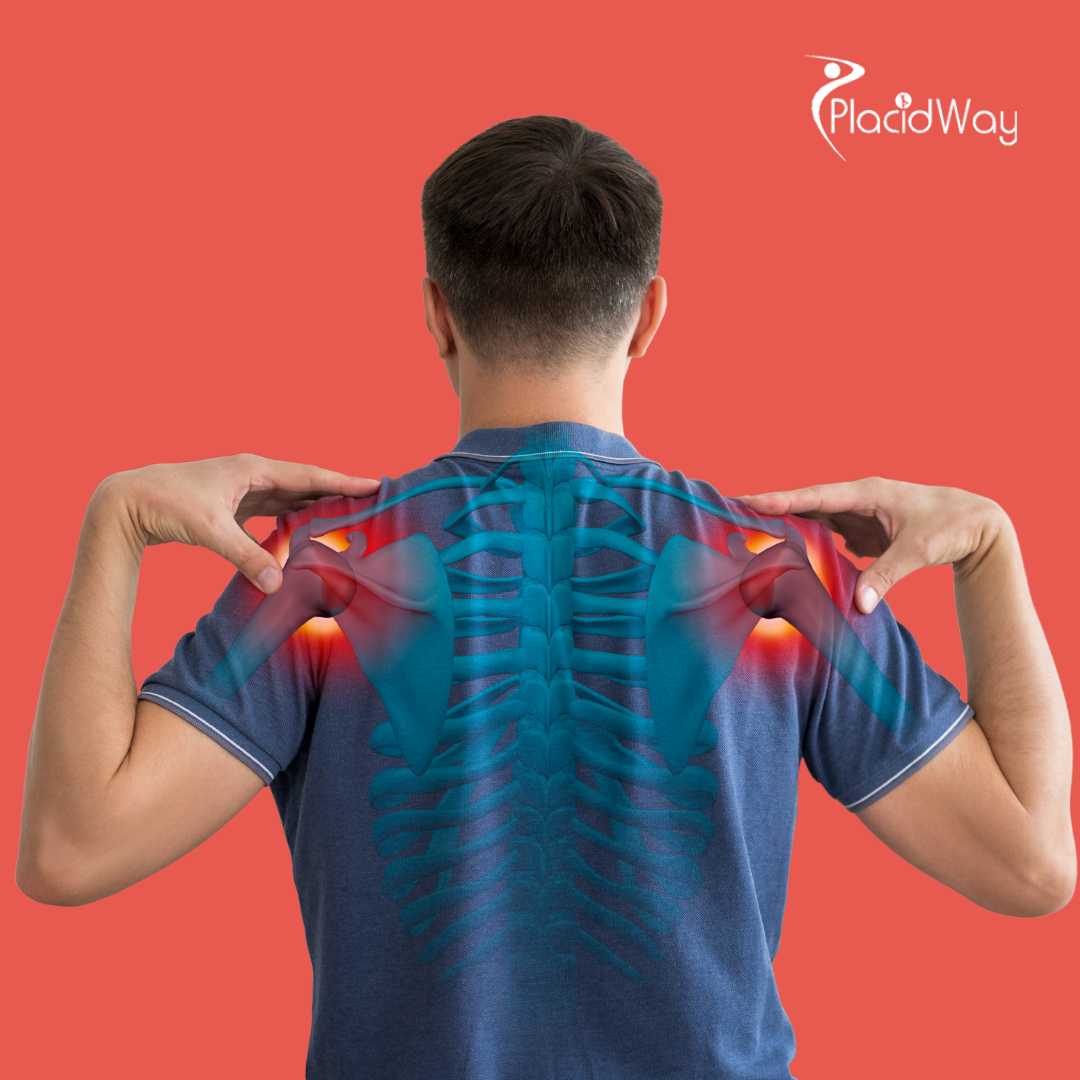
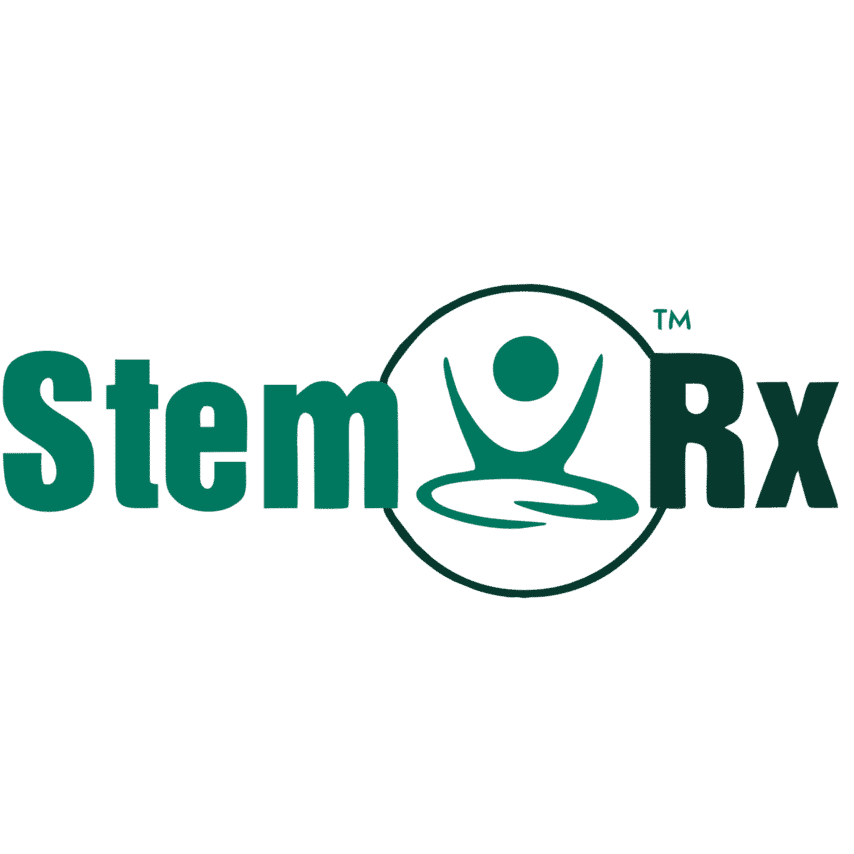
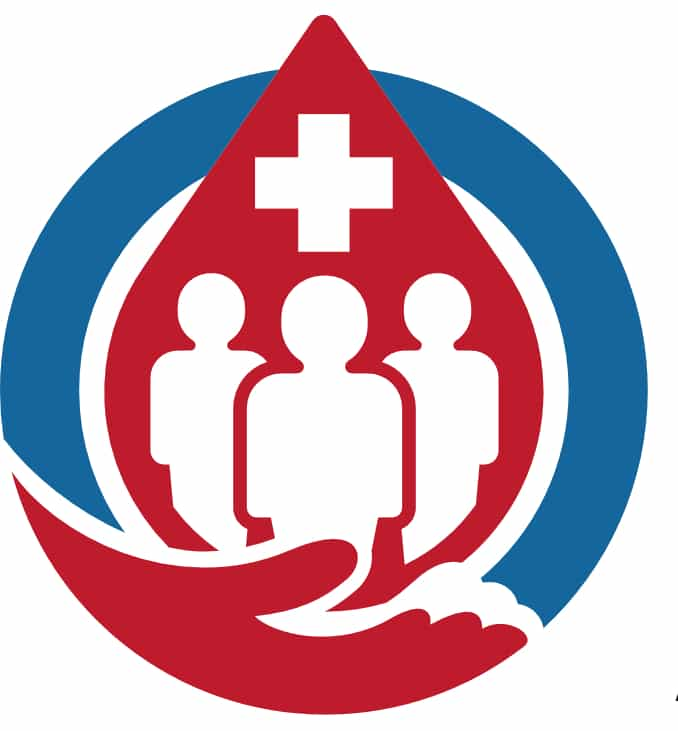
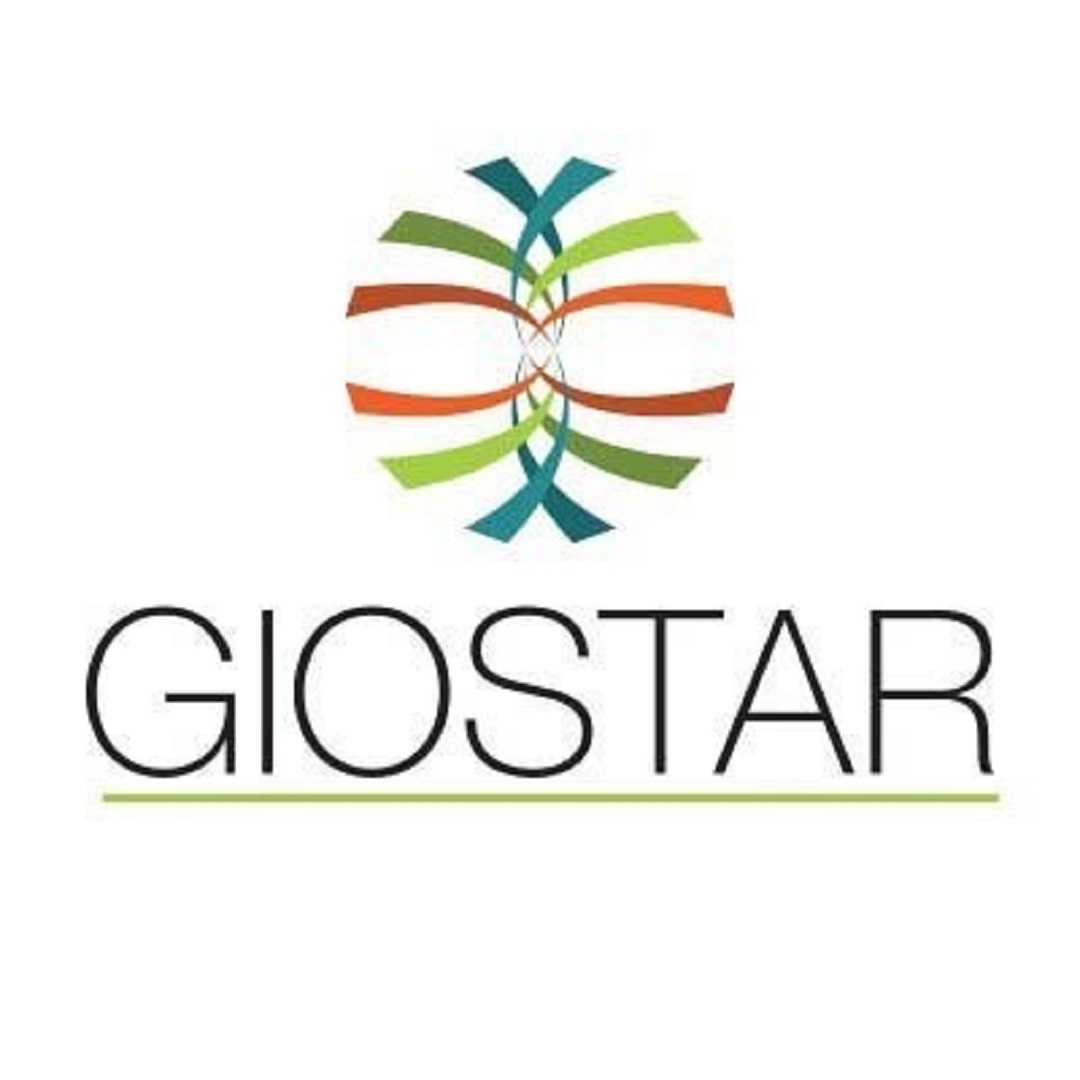
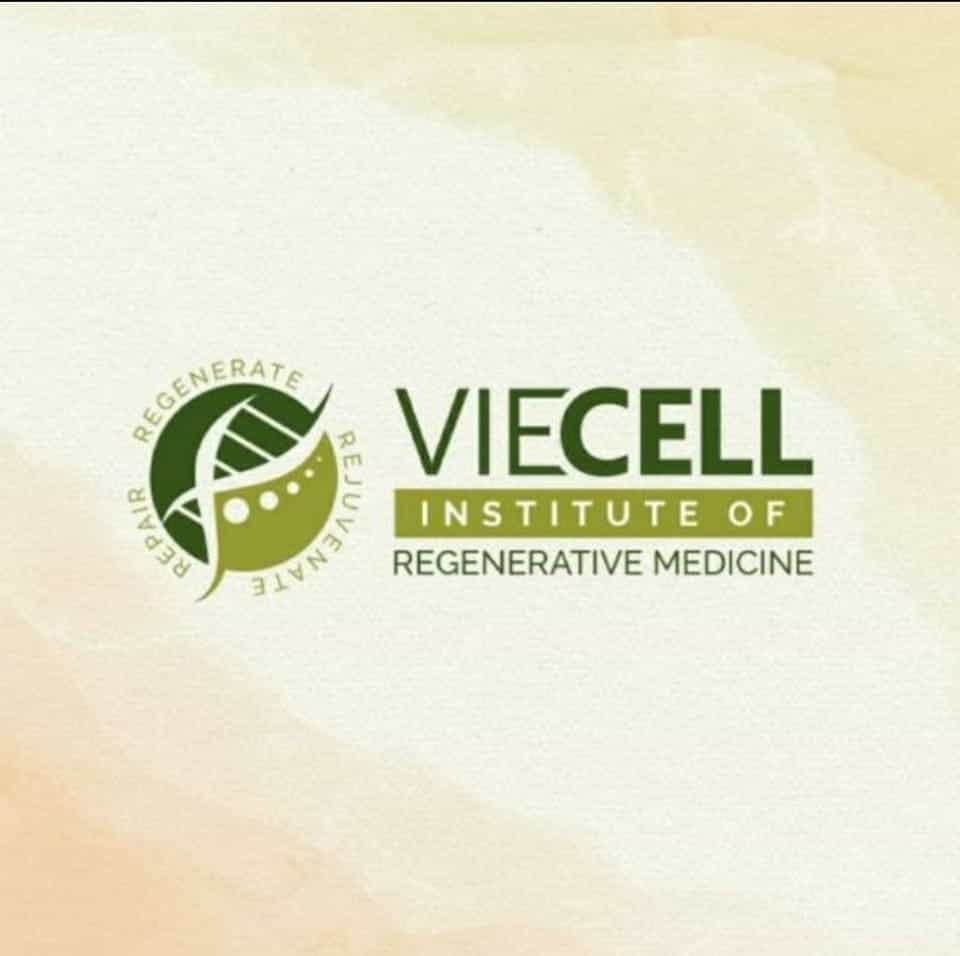
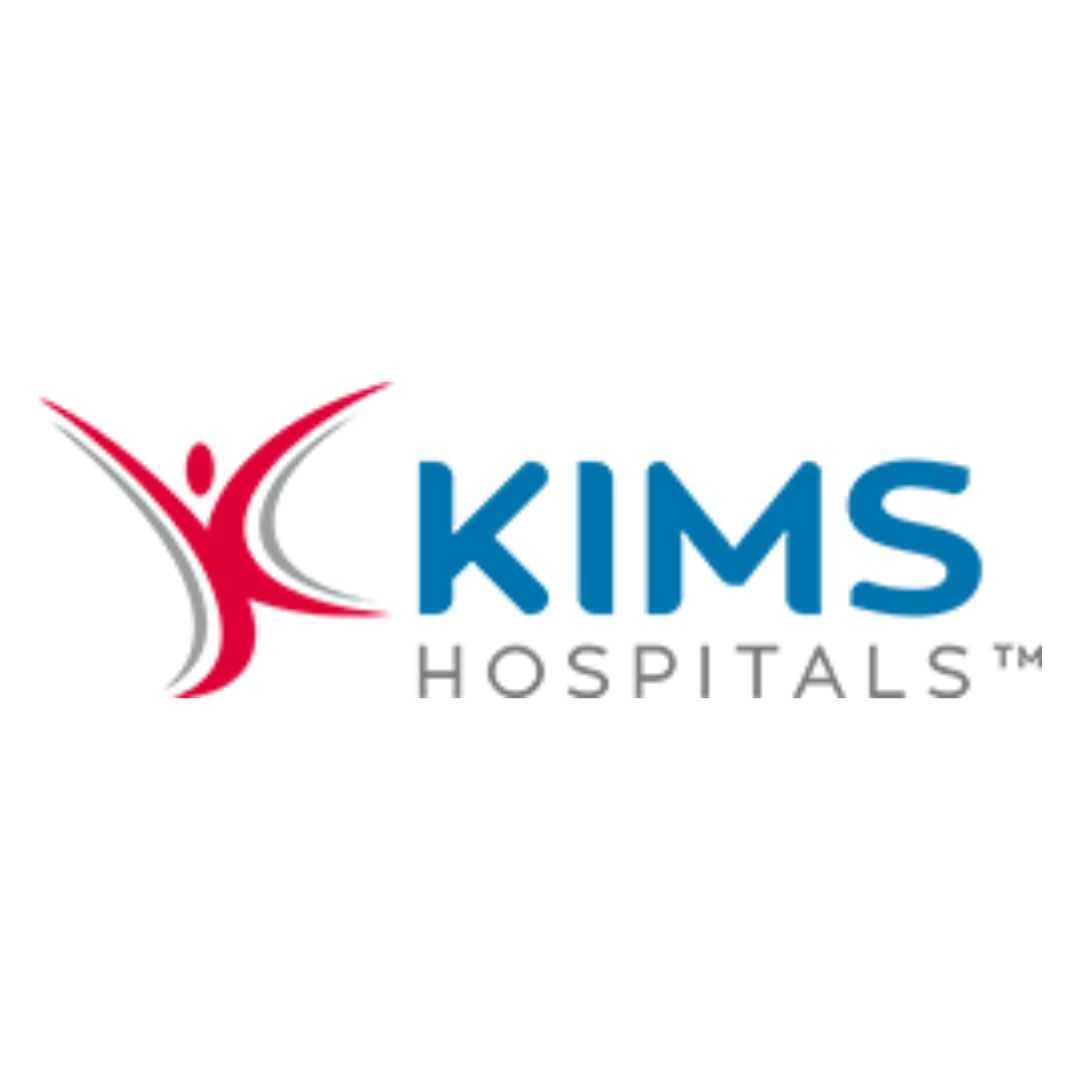

Share this listing